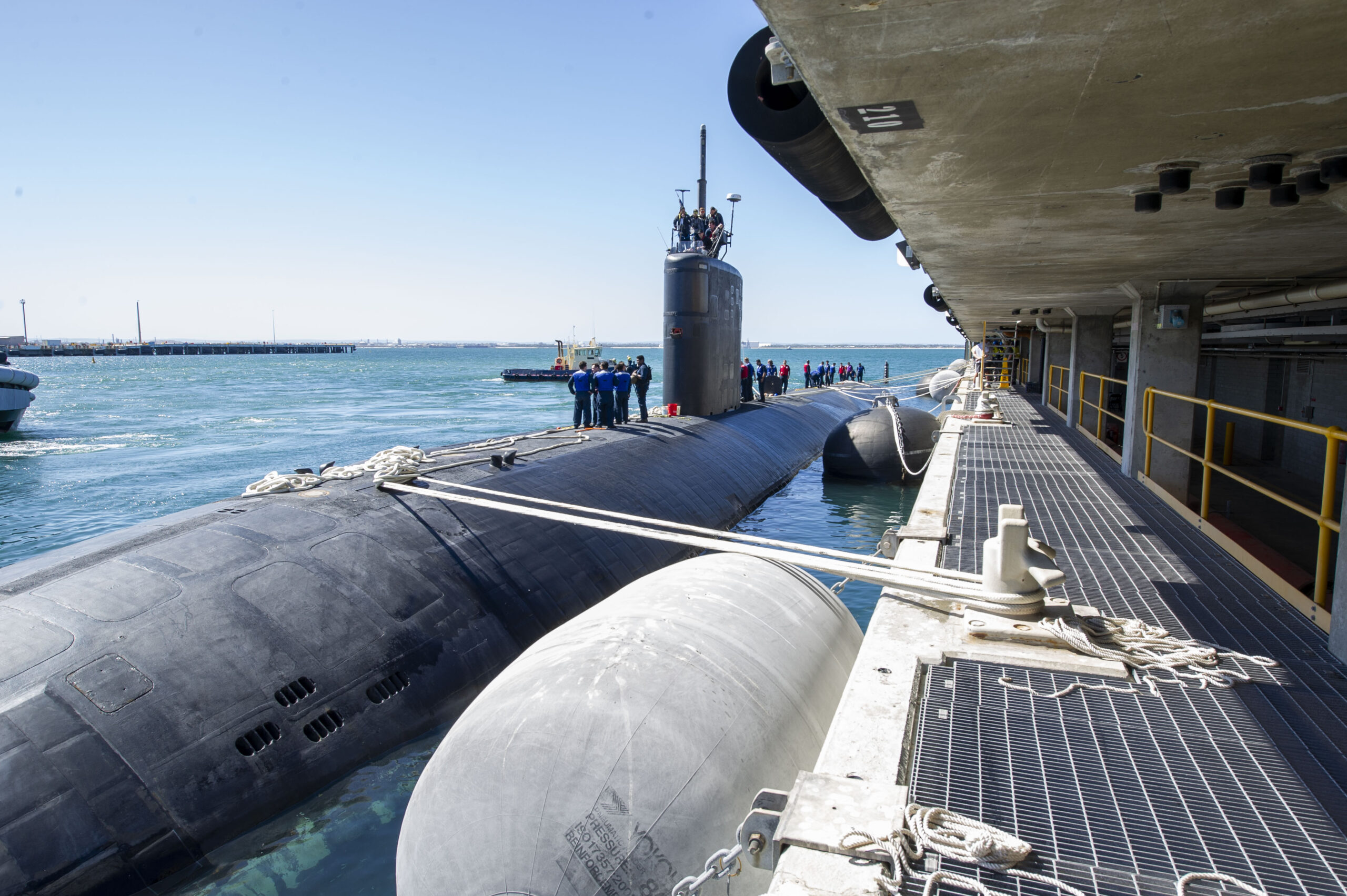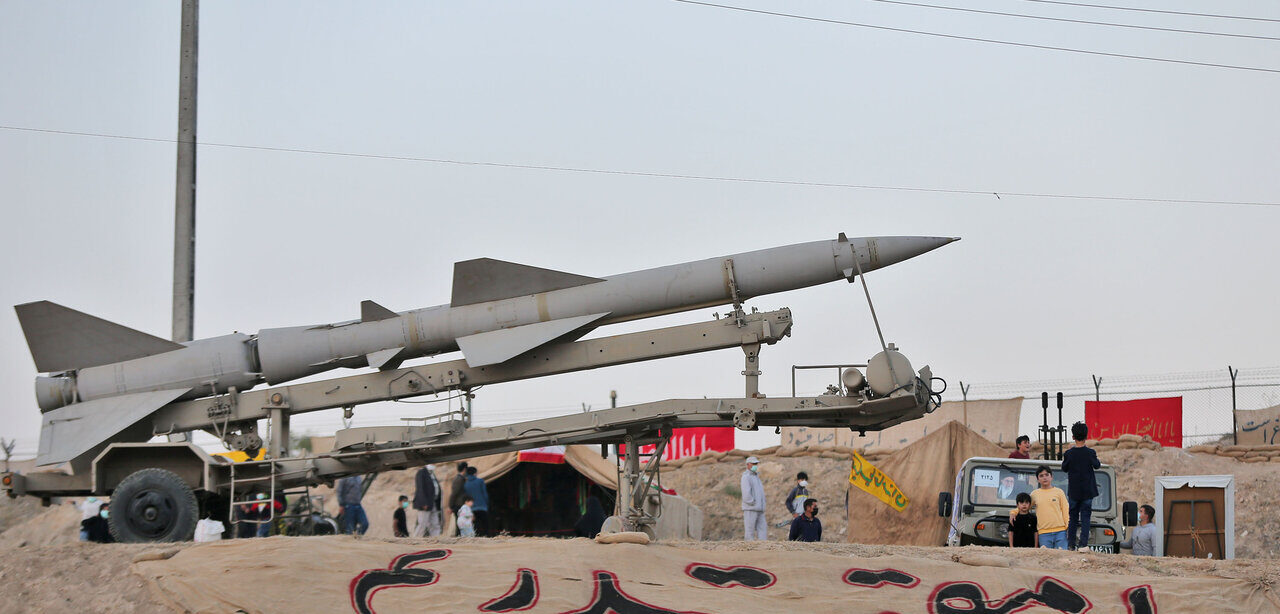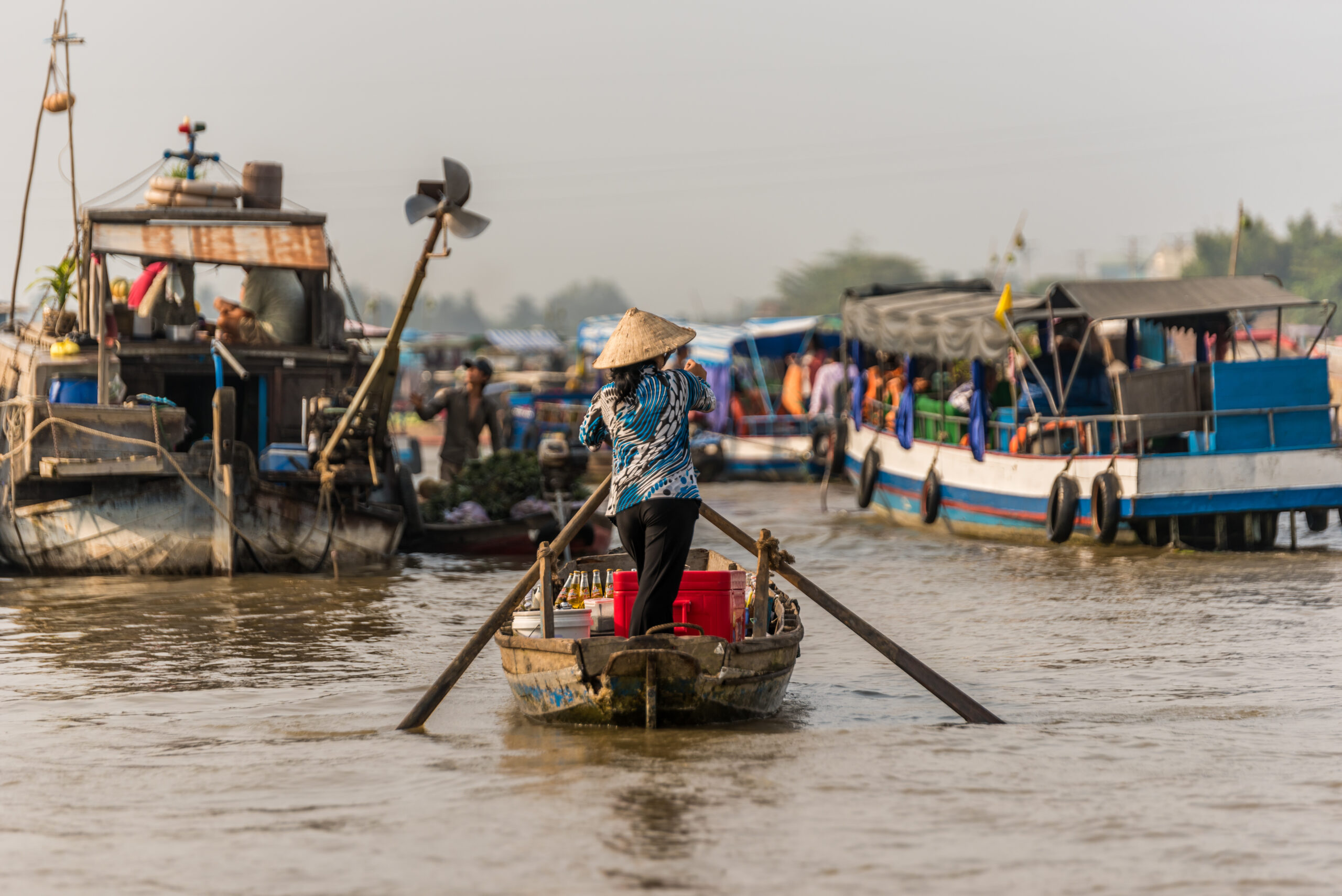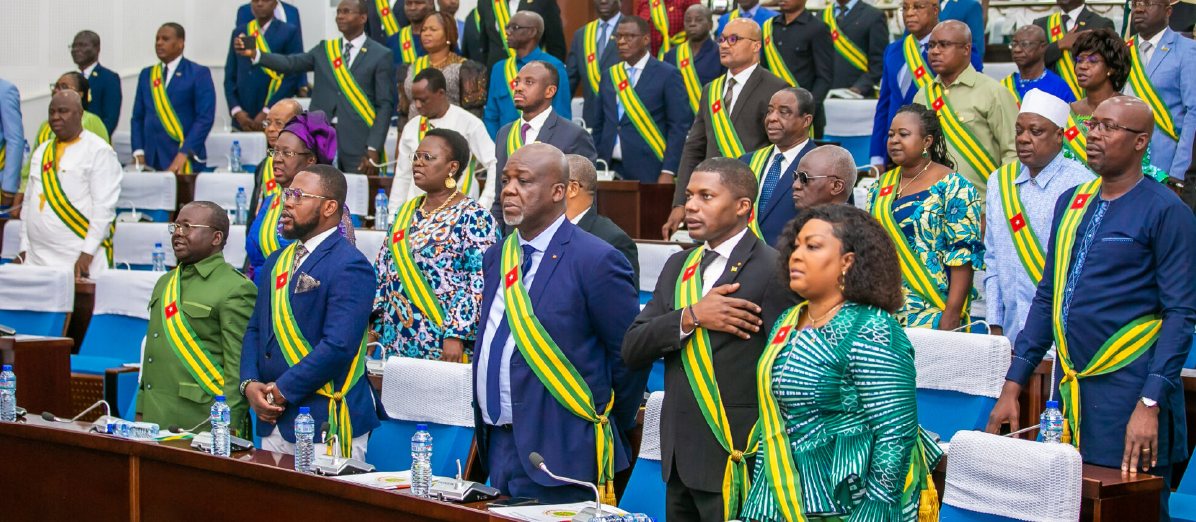A nation must think before it acts.
Publications
Funding Deterrence: Breakdown of the Indo-Pacific Supplemental Bill
In October 2023, the White House requested emergency supplemental appropriations for Fiscal Year 2024 to provide additional aid to Ukraine, Israel, and the Indo-Pacific. After months of debate, the House of Representatives passed an emergency $8.1 billion supplemental appropriations bill to support Indo-Pacific...
Read more »Tempting Fate: The Implications of Iran’s Attack on Israel
On Saturday, April 13, the Islamic Republic of Iran launched an unprecedented aerial attack on Israel. The Israeli military and its allies and partners were successful in defending against the attack. FPRI Senior Fellow Afshon Ostovar and Aaron Stein,...
Read more »Mobilizing Against Thai Hydropower: Information is Power
The explosive growth of development along the Mekong river since 1995 has produced an estimated 167 hydropower plants, with eleven mainstream facilities on the way in Laos, Cambodia, and along the Laos-Thailand border. With its electricity generating capacity projected...
Read more »Kyrgyzstan: Central Asia’s Island of Democracy Sinks Into Authoritarianism
Executive Summary In the early 1990s, Kyrgyzstan was often referred to as an “island of democracy” in Central Asia. The “island’s” shores have receded over the years, but relative to its neighbors, Kyrgyzstan remained the most democratic country. Three...
Read more »Without Tallinn, What Would the Future Hold for Estonia’s Center Party?
On March 26, a majority in the Tallinn City Council declared no confidence in its elected mayor, Mihhail Kõlvart, who has governed since 2019. His replacement by Acting Mayor Madle Lippus (Social Democratic Party) marks the end of almost...
Read more »A Digital Threat to Dollar Dominance
Fear and lack of knowledge of cryptocurrency at the highest levels of the US government pose a major threat to national security. The emergence of the technological solution provided by the Bitcoin protocol in 2008 (and the myriad of...
Read more »The Battery of Southeast Asia: Challenges to Building a Regional Transmission Grid
The mighty Mekong River, a life source for millions across Southeast Asia, now faces an existential threat. An ambitious regional plan developed by the Association of Southeast Asian Nations (ASEAN) incorporates the Lao People’s Democratic Republic (Lao PDR) as...
Read more »Women’s Work: History of Women in Academia at the University of Tartu
Indra Ekmanis: Welcome to Baltic Ways, a podcast bringing you interviews and insights from the world of Baltic studies. I’m your host, Dr. Indra Ekmanis. Today, we listen to a conversation with Dr. Janet Laidla, lecturer in Estonian history...
Read more »Niger’s Pivot to Moscow: What’s Next for US Engagement in Africa?
On March 12, a delegation of US officials arrived in Niamey in a highly anticipated meeting on the future of US-Niger relations. The entourage of high-level US diplomats and military officials included the AFRICOM Commander General Michael Langley, Assistant...
Read more »Could Togo’s New Constitution Jeopardize its Stability?
Togo’s political landscape has undergone a significant shift with the adoption of a new constitution on March 25, 2024. This revision marks a fundamental change, transitioning the nation from a presidential system to a parliamentary one. The adoption has...
Read more »












